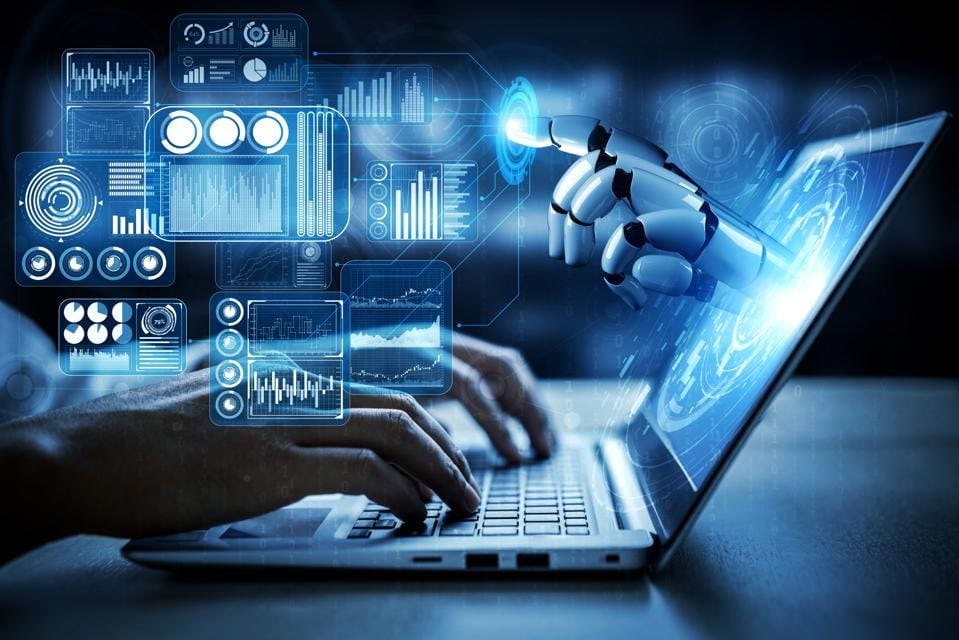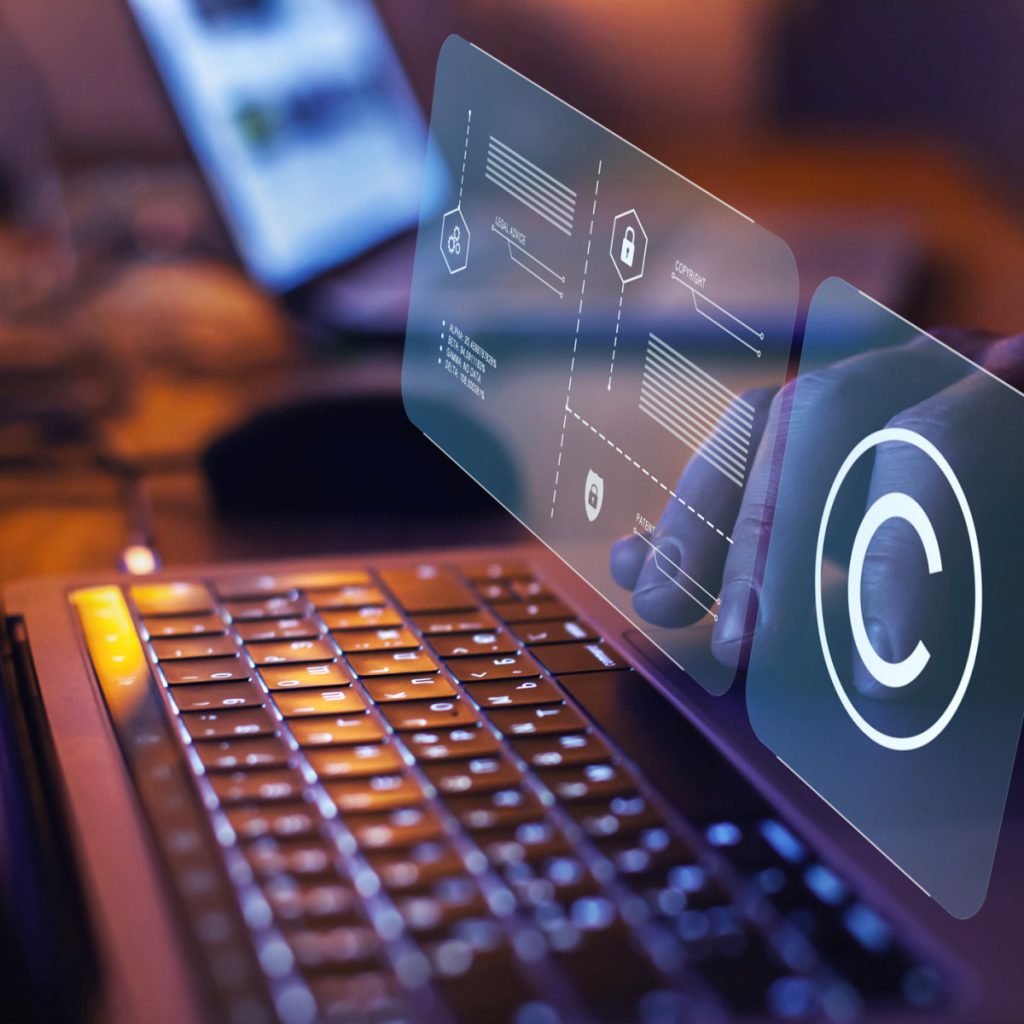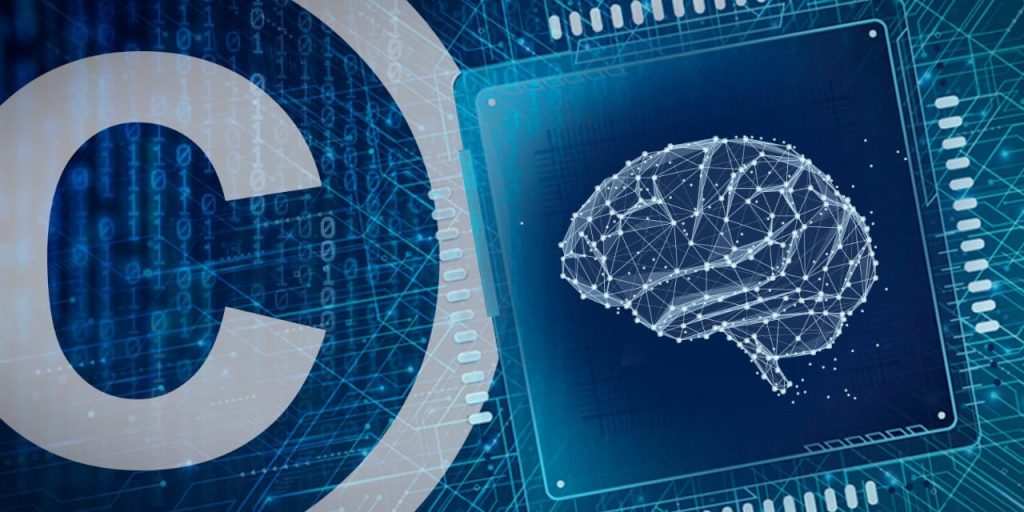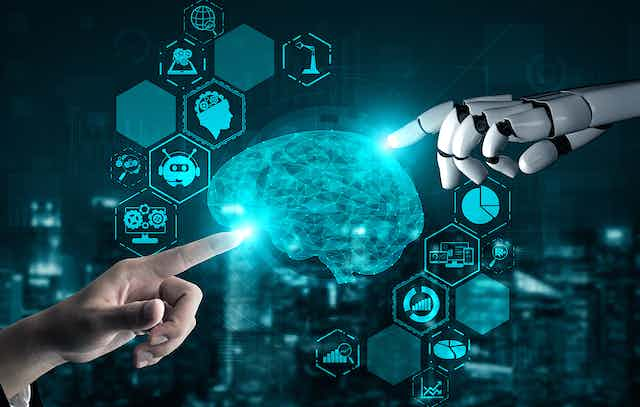Social Media Trend Streden Radiating Positivity 2023
On March 15, 2023, the U.S. Copyright Office issued its first official guidance on the copyright protection of works created with the assistance of artificial intelligence (AI). Social Media guidance clarified that AI-generated content can be protected by copyright, but with a significant condition: there must be substantial human involvement in the creative process.
The traditional principle in the U.S. is that copyright protection is granted to works resulting from human creativity. However, with the increase of AI-generated content, there has been ongoing debate regarding the definition of “human authorship.” The Copyright Office has examined applications for copyright involving AI-generated material.
According to the guidance, works generated solely by AI, without human intervention, do not qualify for copyright protection. For instance, if an AI program independently produces text, art, or music without human influence, it cannot be copyrighted. However, when AI-generated content is combined with human creative input, the resulting work becomes eligible for copyright protection. If a person selects, arranges, or modifies AI-generated material in a creative manner, the work can be copyrighted.

Additionally, the guidance mandates that copyright applicants must disclose the use of AI in their work, and previously filed applications that did not initially disclose AI involvement must be corrected.
The Copyright Office also expressed its intention to release further guidance in the future regarding works generated by AI and other copyright-related issues related to this technology. AI-generated content is currently not protected by U.S. copyright laws. Nonetheless, legal debates continue on this topic, and there are pending lawsuits that could potentially change this situation.
Additionally, the guidance mandates that copyright applicants must disclose the use of AI in their work, and previously filed applications that did not initially disclose AI involvement must be corrected.
The Copyright Office also expressed its intention to release further guidance in the future regarding works generated by AI and other copyright-related issues related to this technology. AI-generated content is currently not protected by U.S. copyright laws. Nonetheless, legal debates continue on this topic, and there are pending lawsuits that could potentially change this situation.
The use of generative AI has given rise to complex legal questions concerning ownership and the nature of creativity. The U.S. Copyright Office maintains that AI cannot be considered the author of the material it generates, as it relies on patterns from human-created content.

Lawsuits have arisen as creators and companies allege that their content has been used without permission by generative AI, challenging the current legal landscape.
The future of AI copyright protection remains uncertain, and it has implications for both human creators and the AI technology itself. Cooperation between creators and AI models is seen as crucial for ensuring sustainable creativity and improvement in the AI field.

In contrast to the U.S., other countries, such as the UK and the EU, have different approaches to copyright protection for AI-generated works. Legal disputes surrounding copyright infringement could result in penalties for AI companies.
In contrast to the U.S., other countries, such as the UK and the EU, have different approaches to copyright protection for AI-generated works. Legal disputes surrounding copyright infringement could result in penalties for AI companies.
In contrast to the U.S., other countries, such as the UK and the EU, have different approaches to copyright protection for AI-generated works. Legal disputes surrounding copyright infringement could result in penalties for AI companies.
In contrast to the U.S., other countries, such as the UK and the EU, have different approaches to copyright protection for AI-generated works. Legal disputes surrounding copyright infringement could result in penalties for AI companies.
In contrast to the U.S., other countries, such as the UK and the EU, have different approaches to copyright protection for AI-generated works. Legal disputes surrounding copyright infringement could result in penalties for AI companies.








